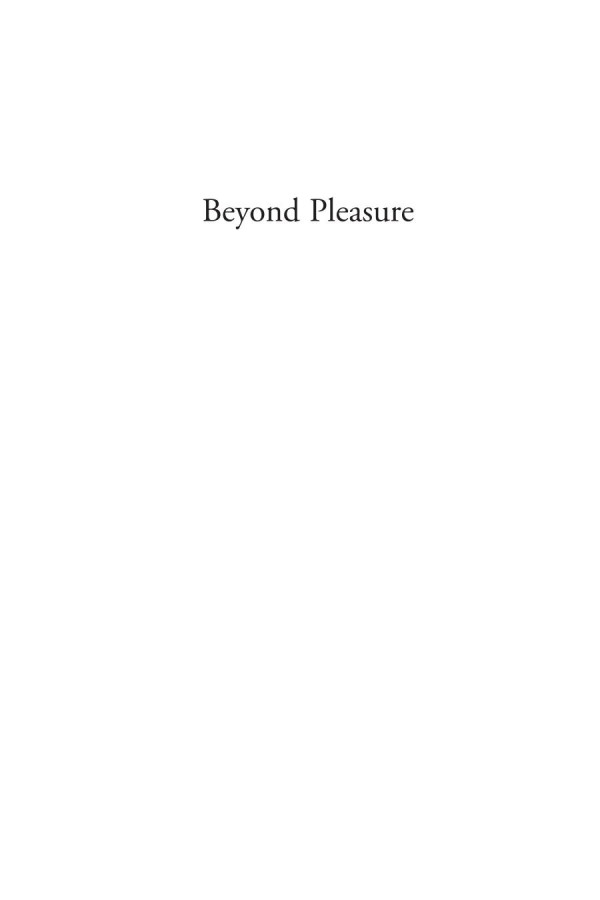

Most ebook files are in PDF format, so you can easily read them using various software such as Foxit Reader or directly on the Google Chrome browser.
Some ebook files are released by publishers in other formats such as .awz, .mobi, .epub, .fb2, etc. You may need to install specific software to read these formats on mobile/PC, such as Calibre.
Please read the tutorial at this link: https://ebookbell.com/faq
We offer FREE conversion to the popular formats you request; however, this may take some time. Therefore, right after payment, please email us, and we will try to provide the service as quickly as possible.
For some exceptional file formats or broken links (if any), please refrain from opening any disputes. Instead, email us first, and we will try to assist within a maximum of 6 hours.
EbookBell Team

5.0
50 reviewsAsceticism, so it is argued in this volume, is a modern category. The ubiquitous cult of the body, of fitness and diet equally evokes the ongoing success of ascetic practices and beliefs. Nostalgic memories of hardship and discipline in the army, youth movements or boarding schools remain as present as the fashionable irritation with the presumed modern-day laziness. In the very texture of contemporary culture, age-old asceticism proves to be remarkably alive. Old ascetic forms were remoulded to serve modern desires for personal authenticity, an authenticity that disconnected asceticism in the course of the nineteenth century from two traditions that had underpinned it since classical antiquity: the public, republican austerity of antiquity and the private, religious asceticism of Christianity. Exploring various aspects such as the history of the body, of aesthetics, science, and social thought in several European countries (Great Britain, France, Germany, Austria and Belgium), the authors show that modern asceticism remains a deeply ambivalent category. Apart from self-realisation, classical and religious examples continue to haunt the ascetic mind.